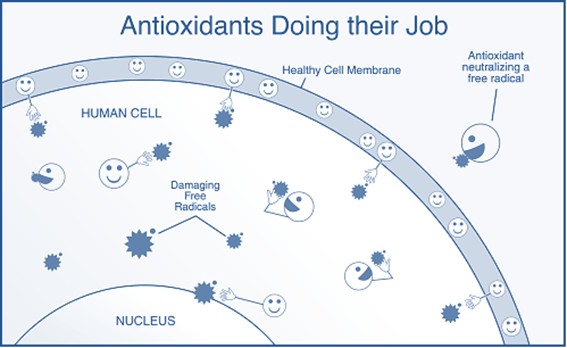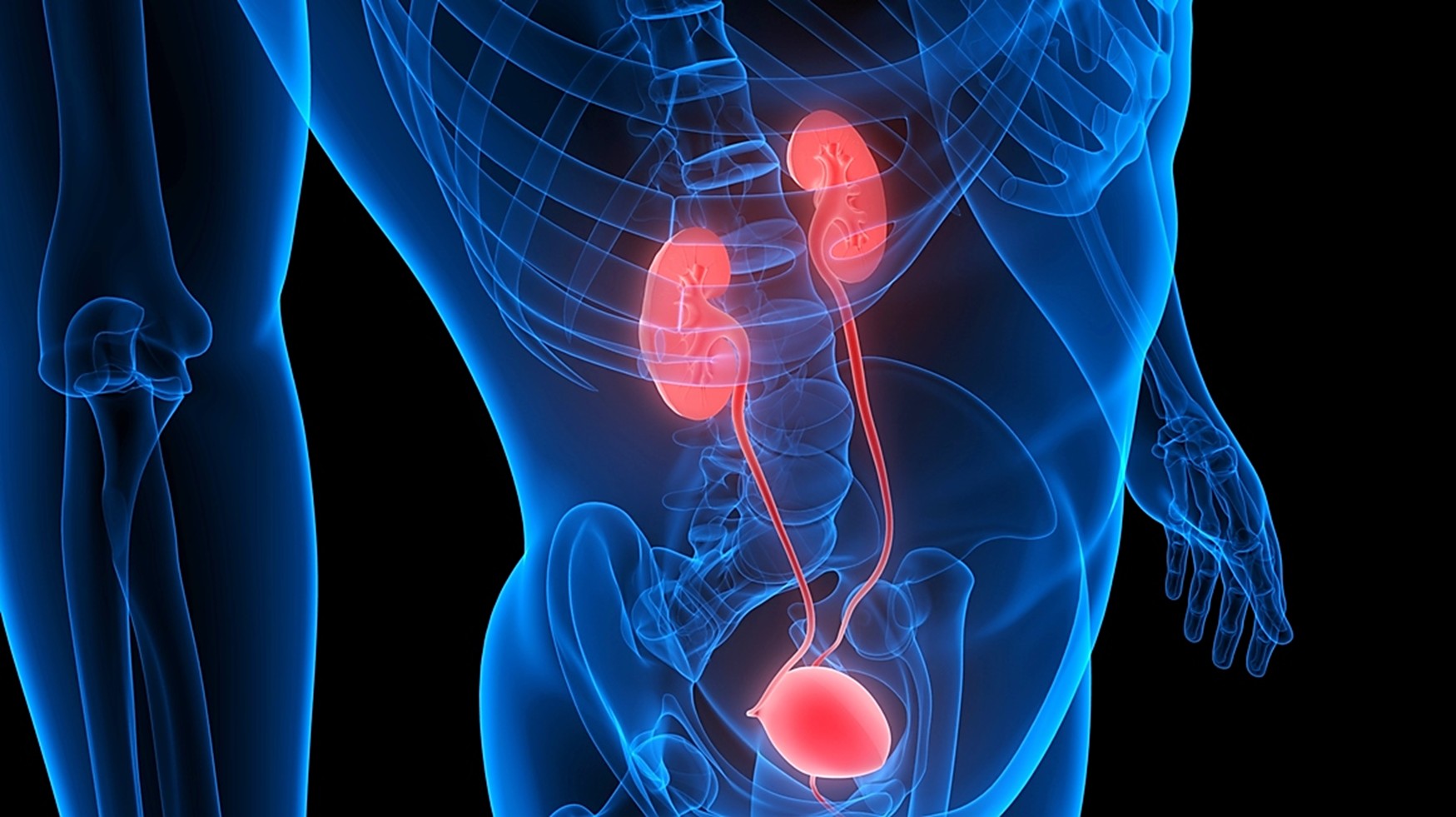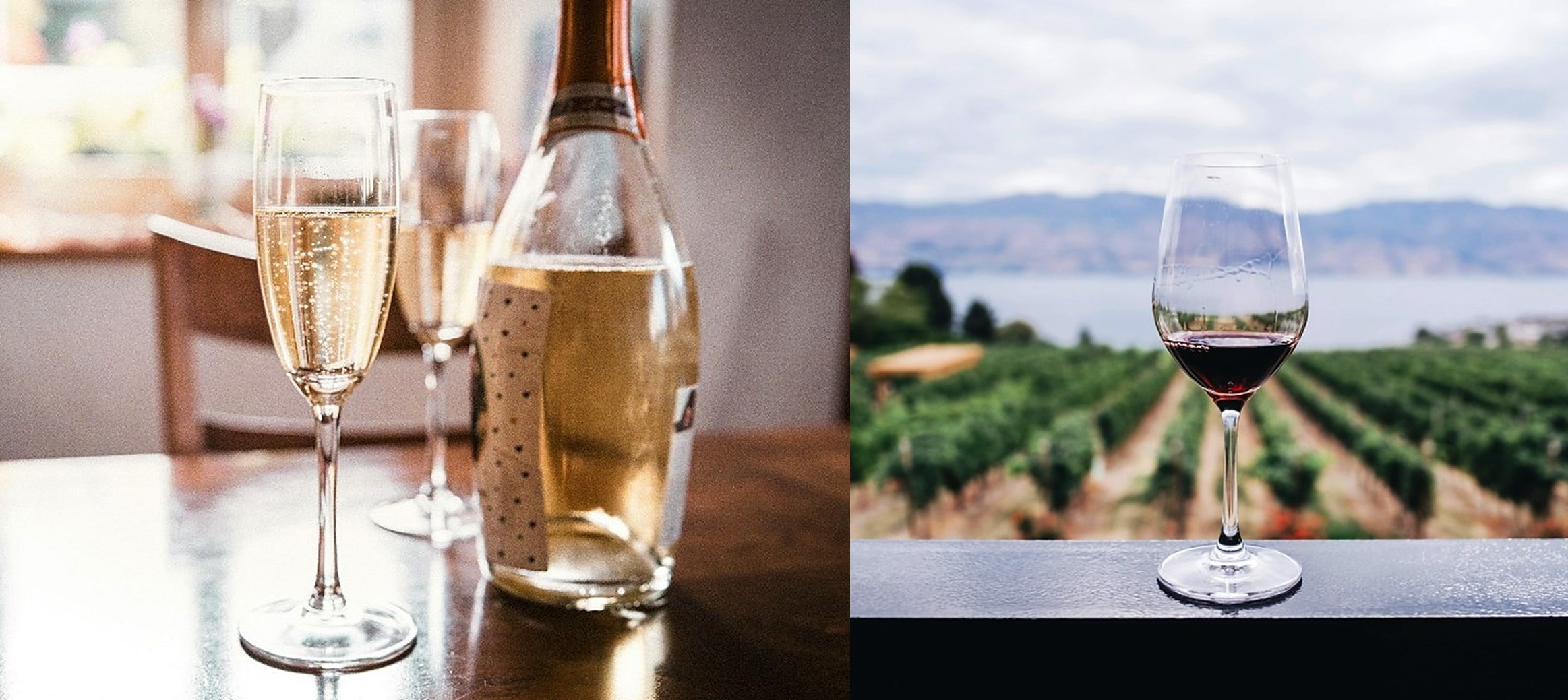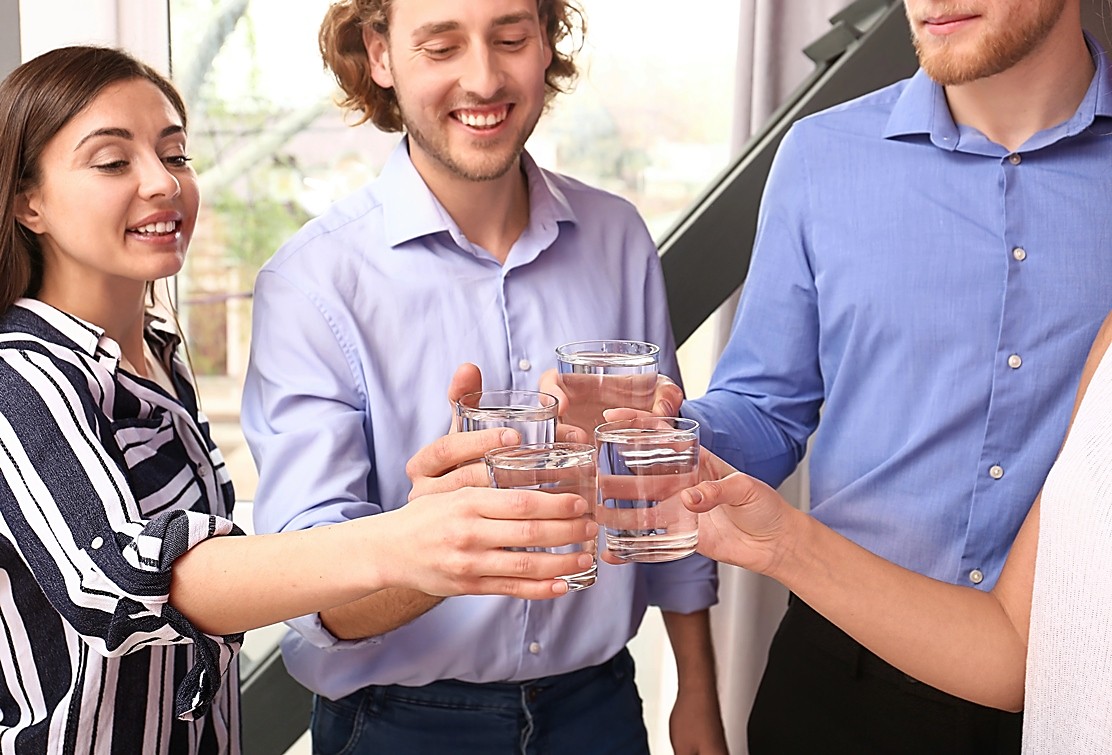
by Fern Shaw | Sep 29, 2025 | instant tap, mains fed water cooler, water cooler, Water Coolers
Whether you’re operating a multinational corporation or managing a team of two, one thing remains the same: employers have a responsibility to provide a safe, healthy and supportive work environment.
It’s not just about ticking boxes. It’s about genuinely caring for your team’s well-being – and that starts with the basics.
What Does a Healthy Work Environment Look Like?
A positive workplace doesn’t need to be extravagant. But it does need to ensure that everyone has access to key resources that help them stay focused, energised and well.
At the very least, a responsible employer should provide:
- Easy access to a constant supply of drinking water throughout the day
- A space to eat and recharge, even if it’s just a small break room
- A designated area away from the desk where staff can take short breaks
- Clean, well-maintained bathroom facilities
These are simple, everyday needs – but when they’re consistently met, they contribute massively to morale, productivity and staff retention.
Going Beyond: When Your Water Cooler Does More Than Just Hydrate
It’s easy to overlook the office water cooler. But what if something as ordinary as drinking water at work could have an extraordinary impact somewhere else in the world?
That’s exactly what AquAid has built its mission around.
While AquAid offers a wide range of high-quality water coolers, hot water boilers, bottled water solutions and Instant Taps across the UK – with professional installation and aftercare – it’s their commitment beyond the workplace that truly sets them apart.
Drinking Water Here = Safe Water There
For every mains fed water cooler installed or bottle of water purchased from AquAid, a portion of the proceeds goes directly to charities that provide sustainable, life-saving water resources to communities across Africa.
That means your workplace water solution could be helping to:
- Fund the installation of community water wells in rural villages
- Support long-term water purification systems
- Empower local teams to manage and maintain their own water infrastructure
- Provide safe drinking water to schools, health clinics and households where it’s desperately needed
And we’re not talking small numbers. Through partnerships with organisations like The Africa Trust and Christian Aid, AquAid has helped bring clean, accessible water to millions of people.
Keen to Make a Difference? Contact us at AquAid
If the idea that your team’s daily water intake could help fund life-changing water solutions for thousands of communities aligns with your values, we’d love to hear from you.
Here’s how to get in touch:

by Fern Shaw | Sep 8, 2025 | mains fed water cooler, water cooler, Water Coolers, water dispenser
In short – no, water is not an antioxidant. But it is found in drinks that do contain antioxidants, which might make it feel like a riddle. Is water pretending? Is it having an identity crisis? No, it’s just doing its job – hydrating you.
So, while antioxidants can be in water-based drinks, water itself isn’t one of them. Time to stop blaming your brain fog on chemistry confusion (but do grab a glass of water just in case).
What Are Antioxidants, Anyway?
Antioxidants are natural compounds found mostly in plant foods. Their job? To protect your cells from damage caused by free radicals – those unstable molecules that sound like something from a sci-fi film but are very real and not very helpful.
Think of antioxidants as microscopic bodyguards for your cells – keeping the peace and protecting against long-term health issues.
Antioxidants in Your Brew: Tea vs Coffee
Start your day with a hot drink? Good news: both tea and coffee are loaded with antioxidants.
All teas – especially green tea – contain flavonoids, a powerful group of antioxidants. In fact, tea is the second most consumed drink in the world after water. Green tea, in particular, is the antioxidant MVP in countries like China and Japan.
Fun fact: Studies show tea drinkers consume up to 20 times more flavonoids per day than those who skip it. Not bad for a humble cuppa.
And coffee? Also great. Research suggests it can be just as antioxidant rich as tea. So, if you’re a morning espresso fan, you’re in luck.
Can Tea and Coffee Replace Fruits and Veg?
Sorry, no. While both drinks are antioxidant-rich, they can’t replace the fibre, vitamins and broader range of nutrients found in fruits and vegetables. A balanced diet still wins.
Hot or Cold, AquAid’s Got You Coolered
Whether it’s a cup or mug of antioxidant-rich, piping hot tea, coffee or just refilling your water glass or bottle with refreshing H2O – we have the water delivery solution for you.
Water coolers, be they a bottled water dispenser or mains fed water coolers, desktop or floor standing models, a hot water boiler or Instant Taps – we have a wide range.
Not sure what you need? Contact AquAid – we’re happy to help.
graphic credit: Bryan DiSanto

by Fern Shaw | Sep 3, 2025 | Water, water cooler, Water Coolers, water dispenser
Urology might not be the most talked-about health topic – but perhaps it should be. With half of us likely to face a urology condition in our lifetime, taking care of our urinary health is more important than ever.
Urology Awareness Month, held every September in the UK, helps bring attention to vital organs like the bladder, kidneys and prostate – and how we can keep them healthy with everyday habits.
And yes, one of the easiest ways to show them some love? Drink more water.
Staying hydrated helps these organs do their jobs – whether that’s filtering waste, controlling urine flow, or maintaining overall balance in the body. Dehydration can lead to all sorts of issues, including kidney stones, urinary tract infections and bladder discomfort.
The good news is you can keep an eye on your hydration with one simple clue: your urine colour. A pale, straw-like colour usually means you’re in the clear. Anything darker might mean your body’s asking for more H2O.
That’s where a water dispenser comes in handy. When fresh drinking water is easy to access – whether that’s at the office, workplace, job site, in waiting rooms, shops, fitness centres, schools or public spaces – we’re far more likely to drink enough throughout the day.
So, this month, don’t just raise awareness – raise a glass of water. Your urological system will thank you for it.
source: The Urology Foundation

by Fern Shaw | Aug 20, 2025 | Water, water cooler, Water Coolers
August is shaping up to be a rather refined month, having recently brought us two excellent reasons to raise a glass – National Prosecco Day and National Pinot Noir Day. Whether you’re a fan of sparkling celebrations or prefer a silky red, there’s no denying that wine lovers have had plenty to toast to. But before you get too carried away with the cork-popping and swirling, let’s take a moment to appreciate the unsung hero behind every great glass: water.
Yes, that humble H₂O from your water cooler plays a bigger role than you might think. Grapes, after all, need a good drink too – as do you. From vineyard to bottle, water is essential in the winemaking process, nurturing the vines and keeping those precious grapes plump and juicy. Without it, there’d be no Pinot, no Prosecco … and frankly, no fun.
Now, while we admire the idea of having a glass of fizz on tap, we strongly advise against repurposing your water cooler as a wine dispenser. It’s not that we haven’t thought about it – we have – but it turns out wine and water coolers just aren’t a great match (something about internal mechanics, hygiene and common sense).
What role does a water cooler play with wine?
What is a good idea, though, is keeping hydrated if you’re partaking in any wine-themed festivities. With the UK recently doing its best Mediterranean impression, alternating each glass of Prosecco or Pinot Noir with a glass of chilled water isn’t just sensible – it’s practically celebratory. Your head (and possibly those you work with) will thank you the next day.
So, whether you’re sipping something sparkling or savouring a smooth red, don’t forget to also replenish your water from your trusty water cooler. It might not be as glamorous as a vineyard in Veneto or Burgundy, but it’ll help you stay balanced, bright-eyed and ready for whatever tomorrow brings – even if that’s just another Monday.

by Fern Shaw | Aug 18, 2025 | bottle fed water coolers, water cooler, Water Coolers
When the mercury rises, staying cool and hydrated becomes essential – whether you’re at home, at work, or out and about. Here’s how to keep your water intake up and your body temperature down.
Workplace Water Cooler Hydration Tips
A water cooler or water dispenser in the office is your best ally during a heatwave.
Visit it regularly to top up your drinking water – setting a reminder can help.
Choose cool (but not icy) drinks to lower your body temperature gradually.
Wear lightweight, breathable clothing and keep a reusable water bottle at your desk for easy refills.
Home Cooling and Hydration from the Water Cooler
Hydration matters as much indoors as it does outdoors.
Keep chilled water ready in the fridge or fill bottles from your water dispenser before freezing for later use.
Encourage children to drink regularly – even if they don’t feel thirsty.
Close curtains or blinds to block heat and ventilate during cooler parts of the day.
Avoid heat-generating activities like cooking or running appliances in peak temperatures.
Opt for light meals such as salads and fruit, which also help maintain hydration.
Staying Hydrated Beyond the Water Cooler
If you’re on the move, plan ahead to beat the heat.
Carry bottled water wherever you go.
Avoid direct sunlight between 11am and 3pm, especially if you’re vulnerable to heat-related illnesses.
Wear loose, light-coloured clothing and a hat for shade.
Seek out cool spaces and take regular breaks from activity.
Replenish lost minerals as well as water – fruit juice or electrolyte drinks can help after excessive sweating.
Remember: Whether you’re at your desk, relaxing at home, or enjoying the outdoors, keeping water nearby is the simplest way to stay healthy, hydrated, and cool during a heatwave. For a reliable water cooler or water dispenser to help make that happen, contact AquAid – we’re always here to keep you refreshed.

by Fern Shaw | Aug 11, 2025 | water cooler, Water Coolers
International Youth Day is all about recognising the vital role young people play in shaping a better, fairer future. This year’s theme: Local Youth Actions for the Sustainable Development Goals (SDGs) and Beyond – puts a spotlight on the power of youth to turn big global ideas into real, local change.*
With over half the world’s population under thirty and youth set to make up the majority of the workforce by 2050, there’s no doubt: young people are the future. They bring fresh ideas, energy and strong community connections – all key to making progress on everything from climate action to gender equality.
But to build this better future, young people need the basics. And that starts with something as simple – and essential – as clean water.
Why Clean Water Matters for Youth
It might not sound revolutionary, but access to a safe, reliable water source can transform young lives, especially in low- and middle-income countries.
Health & Well-being: Clean water means fewer diseases and better overall health, so young people can grow, learn and thrive.
Time for Education: In many communities, young people (especially girls) spend hours every day fetching water. A local water source gives them that time back – time they can spend in school, building their future.
Growing Futures: Access to water lets youth tend to crops or small gardens. These can be sold or used to feed their families, helping them develop trade skills and even start small businesses.
Skills for Life: Whether it’s farming, selling produce, or managing water systems, these experiences help young people gain practical, sustainable skills that benefit their families and wider communities.
Local Action, Global Impact
When we invest in basic needs like water, we’re not just meeting today’s challenges – we’re empowering tomorrow’s leaders. Youth aren’t just the face of the future; they’re the hands shaping it now.
It may seem that something as simple as installing a water cooler has little connection to empowering young people – but that couldn’t be further from the truth.
This International Youth Day let’s remember tremendous change often starts with something small: like a tap that works, a school that’s accessible, or a child who no longer must walk miles for water.
These are just a few of the reasons that, here at AquAid, we continue to support vital work that brings clean, safe drinking water to communities where it’s most needed. By partnering with dedicated charities and helping fund sustainable water projects, the impact goes well beyond the workplace – helping to create the foundations for healthier, more resilient futures.
Because when water flows, so does opportunity.
*source: United Nations – International Youth Day






